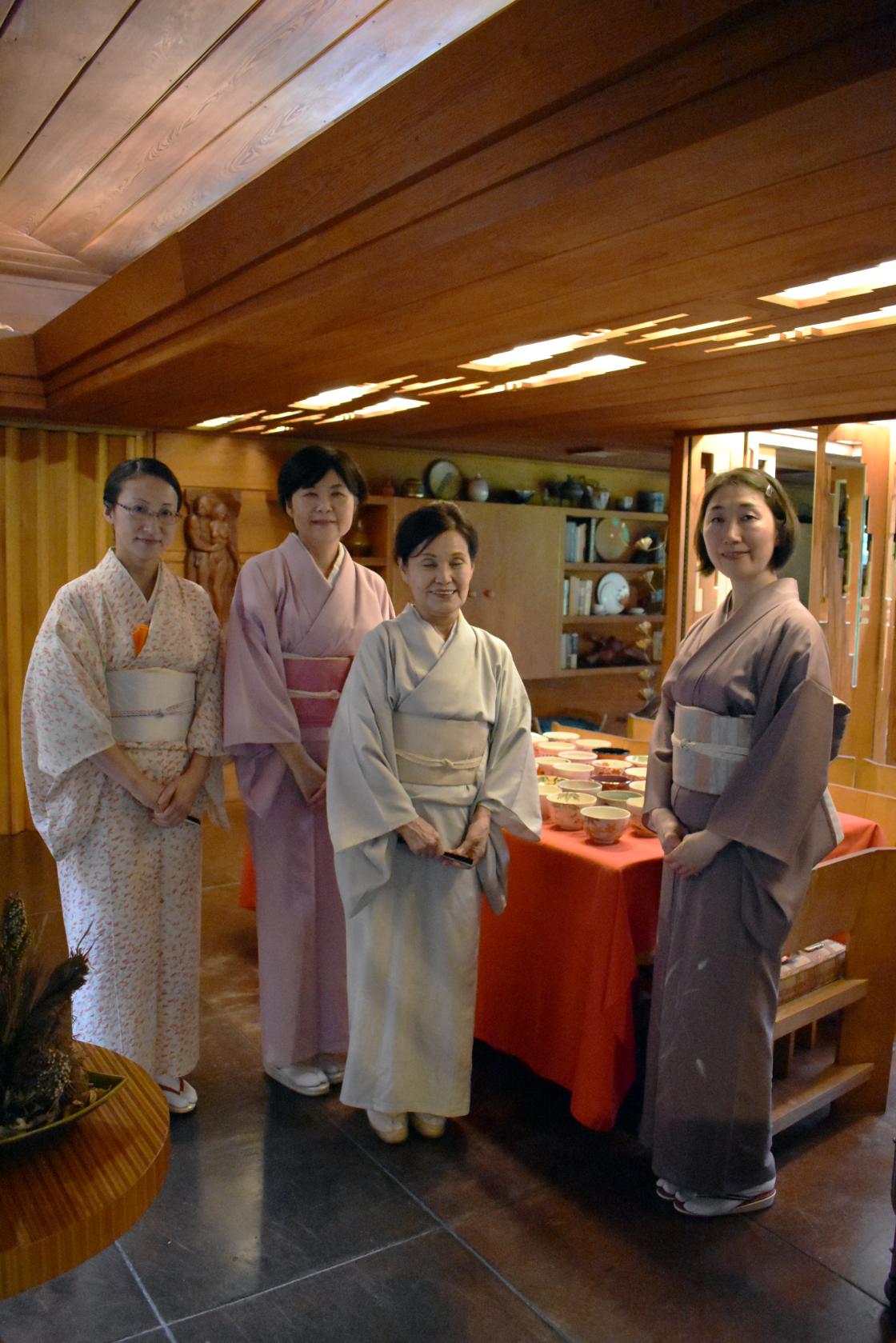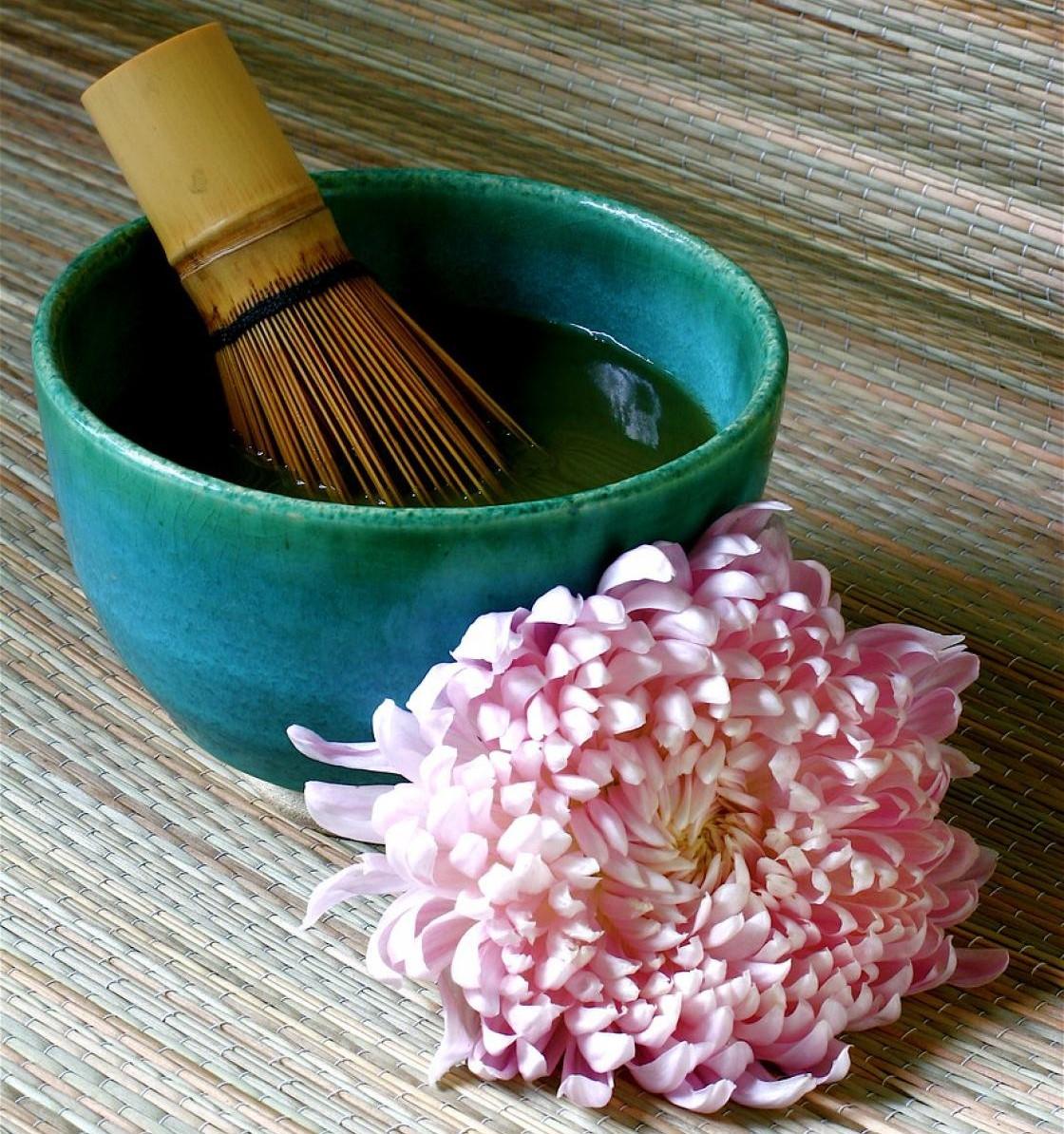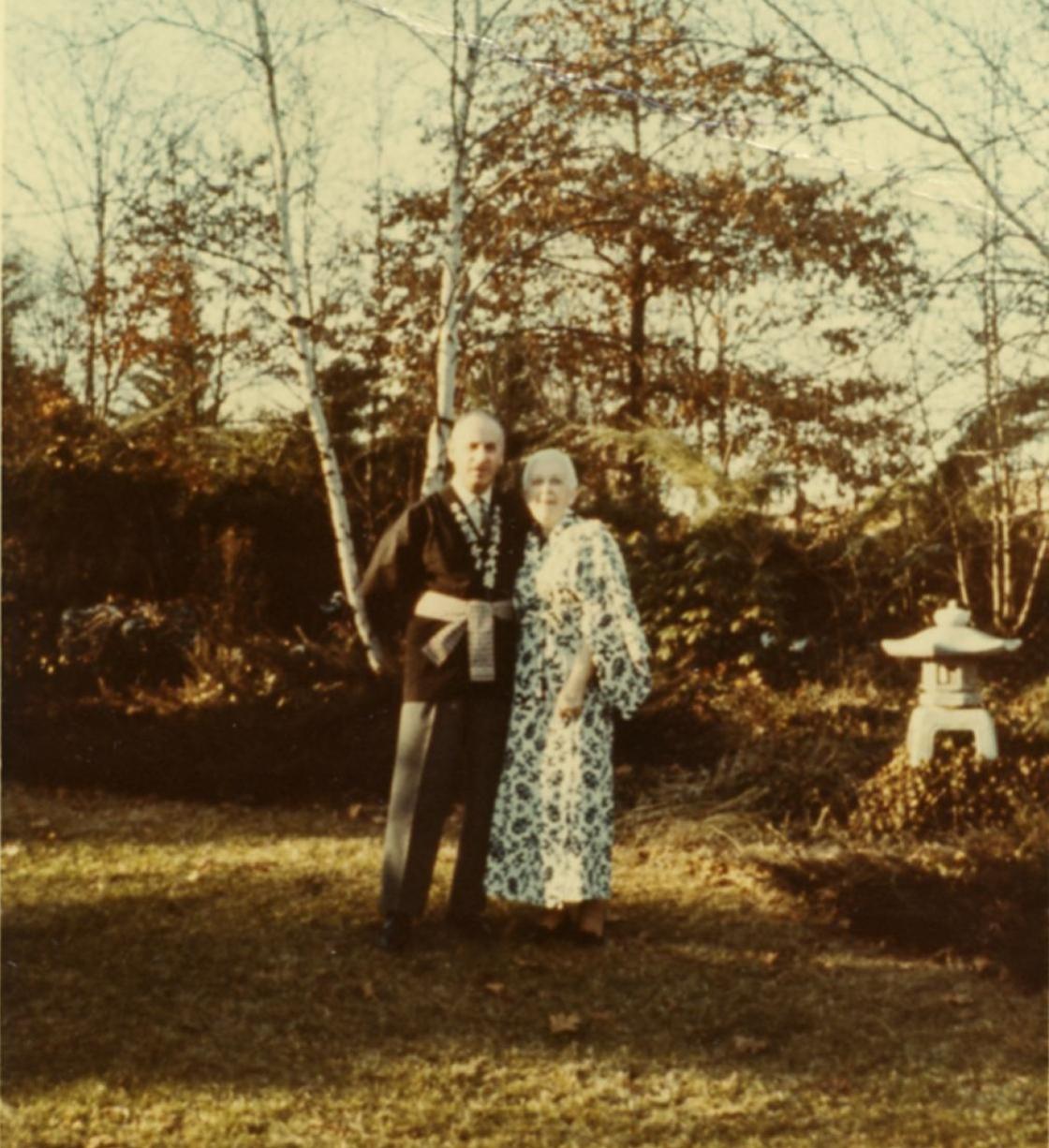$65/person for each Tea Ceremony (Adults, Seniors, and Students)
Each Tea Ceremony Is Limited to 20 Guests
Advanced Registration Required
2pm EDT (Eastern Daylight Time)
Buses for the Chanoyu Tea Ceremonies depart from Cranbrook Art Museum. Please arrive 15 minutes before your tea ceremony time to board the bus. Buses will depart promptly at the published tea ceremony times (as noted above and on the registration buttons). Late arrivals will not be allowed to join the tea ceremonies. Buses will return to the Art Museum approximately one hour and 45 minutes after each of the published tea ceremony times.
PRESENTED BY CRANBROOK CENTER FOR COLLECTIONS AND RESEARCH
Participating Experts:
• Tomoyo Koehler, Omote Senke Tea Master
• Anita Savio, Formerly with the Consulate General of Japan in Detroit
• Nina Blomfield, 2021-2023 Decorative Arts Trust Marie Zimmermann Collections Fellow, Cranbrook Center for Collections and Research
Hosted by:
• Gregory Wittkopp, Director, Cranbrook Center for Collections and Research

Join Cranbrook Center for Collections and Research as we explore Japanese tea culture, celebrating the ongoing revitalization of the Cranbrook Japanese Garden and the long connections among Frank Lloyd Wright, the Smith family, and Japan.
Four intimate Japanese tea ceremonies will be held in the Frank Lloyd Wright-designed Smith House, presented by Tea Master Tomoyo Koehler and Michigan-based Omote Senke practitioners. The Japanese tea ceremony, chanoyu (literally “hot water for tea”), is a ritualized, secular practice of hosting and serving guests. The act of preparing and drinking matcha, the powdered green tea used in the ceremony, is a choreographed art requiring years of study to master. The centuries-old ceremony is intimate, usually in a quiet setting, surrounded by a garden where one can focus on the functional objects used in the ceremony and the nature around them.
For the tea ceremonies in Smith House, guests will be seated on the sheltered banquette in the living room with a view of the pond and trees providing a serene, natural background. Following the demonstration, the tea practitioners, in elegant kimono, will prepare and then serve the ceremonial tea and traditional Japanese sweets. Anita Savio will introduce the ceremonies and provide commentary on the intricacies of its many steps.

FRANK LLOYD WRIGHT AND JAPAN
Frank Lloyd Wright was introduced to Japanese art and architecture in Chicago in the late 19th century through prints and the 1893 World’s Fair, and his early attraction and interest in Japanese design would continue throughout his long career. Wright’s organic architecture took lessons from his observations about Japanese architecture’s relationship to nature. First visiting the country in 1905 and in residence there between 1916 and 1922, Wright designed several structures in Japan, most notably the Imperial Hotel in Tokyo, and amassed a large collection of Japanese art: prints, screens, scrolls, sculptures, textiles, and ceramics. These objects would be woven into the architect’s own Wisconsin home, Taliesin.
MELVYN AND SARA SMITH AND JAPAN
Wright’s love of Japan often extended into his clients’ lives. Melvyn and Sara Smith became interested in Japanese culture after building their small Usonian-style Wright house in 1950. Inspired by a philosophical interest in Japanese aesthetics and the examples of Japanese art and architecture promoted by magazines like House Beautiful, Melvyn and Sara sought to embody the concept of shibui (quiet, understated beauty) in their home decorating. The Smiths also hosted many Japanese students and visitors in their home and received tokens of appreciation in the form of Japanese ceramics and prints. In 1965, Wright’s apprentice and protégé William Wesley Peters designed a small tea house to be constructed alongside the pond behind the house. The Smiths’ relationship to Japanese culture and their collection of Japanese art and artifacts will be introduced before each of the tea ceremonies by Nina Blomfield, the Center’s 2021 – 2023 Decorative Arts Trust Marie Zimmermann Collections Fellow.

ADDITIONAL INFORMATION
PARKING AND IMPORTANT TEA CEREMONY INFORMATION
Cranbrook Art Museum is located at 39221 Woodward Avenue in Bloomfield Hills, Michigan. Free parking is available in the Art Museum’s parking lot.
All Tea Ceremony attendees will meet on the steps in front of the Art Museum fifteen minutes before their scheduled time where they will board the bus for the Frank Lloyd Wright Smith House. Buses will depart promptly at the published tea ceremony times (as noted on the registration buttons). Late arrivals will not be allowed to join the tea ceremony and will forfeit their seat. Guests may not use personal vehicles to reach Smith House. Guests will be asked to wear disposable over-shoe slippers that will be provided at the house. Buses will return to the Art Museum approximately one hour and 45 minutes after the published tea ceremony times.
REFUND POLICY
Tickets are non-refundable. However, with at least three days advance notice, your ticket may be transferred to another participant for the same tea ceremony time. If your tea ceremony is canceled by Cranbrook because of severe weather or wellness protocols, you will be offered the opportunity to reschedule your tour for a later date, convert the cost of your ticket into a donation to Cranbrook Center for Collections and Research, or request a refund.
ACCESSIBILITY
Due to the historical status and intimate nature of Smith House, many rooms and passageways are very narrow and therefore the house is not wheelchair accessible. During the tea ceremonies, guests will be seated in the living room.
CHILDREN
For the safety and comfort of all visitors, children younger than eight years old, including infants and toddlers, are discouraged from participating in the tea ceremony.
RESTROOMS
There are no public restroom facilities at Smith House; you are welcome to use the facilities at Cranbrook Art Museum. The Museum opens at 11:00am and closes at 5:00pm, and is located ten minutes from Smith House at 39221 Woodward Avenue, Bloomfield Hills, MI 48304. Other than restroom access, tickets to the Smith House tea ceremonies do not include admission to Cranbrook Art Museum.
COATS AND BAGS
Only small wallets are permitted on the tours. Please leave all backpacks, purses, camera bags, camera equipment, and other cumbersome items in vehicles. This policy was created for the security and protection of Smith House and its collection of fine and decorative art.
SHOES
To protect the historic integrity of Smith House, you will be asked to wear disposable over-shoe slippers that will be provided.
PHOTOGRAPHY
Photography is not permitted inside Smith House during these special tea ceremonies.
WEATHER CONCERNS
Smith House has no air conditioning and can be warm. Tea ceremonies will take place rain or shine. Please note that the tea ceremonies may be canceled in the event of severe weather. Cancellations will be noted at the top of our website in the user alert banner.
WELLNESS PROTOCOLS*
Cranbrook Educational Community currently has no COVID-19 restrictions in place. Visitors should use their best judgement regarding their health and safety when registering for and attending in-person programs and tours.
*Last updated on March 23, 2023
For more information, please contact Cranbrook Center for Collections and Research at 248.645.3307 or at center@cranbrook.edu.
PHOTO CREDITS
Banner image: Chanoyu Tea Ceremony in Frank Lloyd Wright Smith House, August 2018; Courtesy of Cranbrook Center for Collections and Research.
Tomoyo Koehler (second from right) with Michigan-based Omote Tea Practitioners, 2018; Courtesy of Cranbrook Center for Collections and Research.
Tea Bowl and Whisk with Chrysanthemum Blossom; Photography by Steph Carter licensed under CC BY-ND 2.0.
Melvyn and Sara Smith in the Yard of their Home, the Frank Lloyd Wright-designed Smith House; Smith House Collection, Cranbrook Archives.
